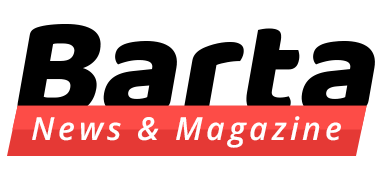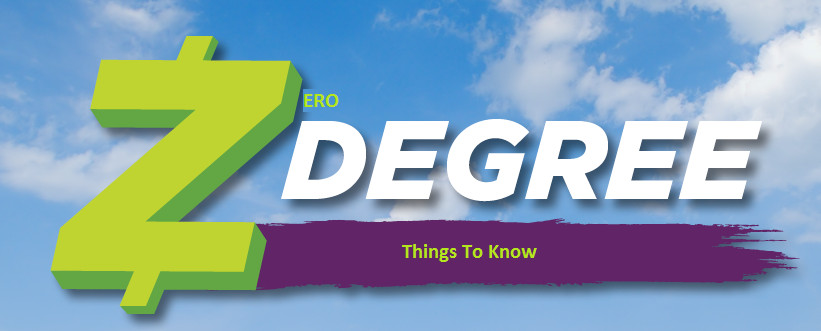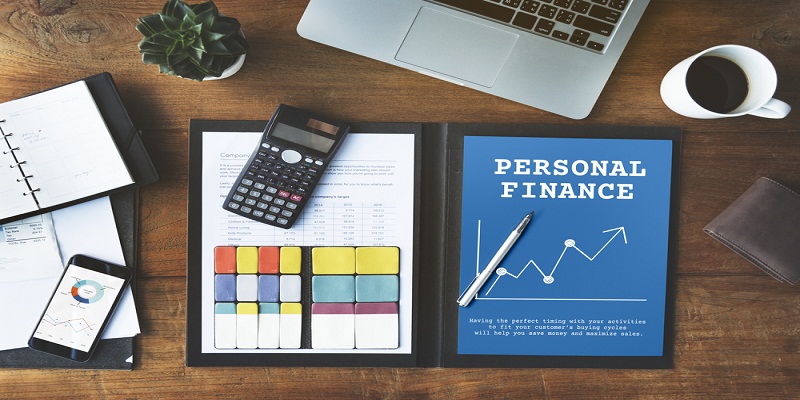Budgeting is an indispensable tool if you want to keep your personal finance in order and achieve your financial goals of controlling expenses and saving money. You need a planned budget if you want to buy a house, a car, make a trip, in short, for everything, and getting out of a budget could lead to serious financial difficulties.
To make a budget, it’s important to have a clear and detailed information about your personal finance i.e. income and expenses, so that you know where your money comes from and how you are using it. Budget preparation is a simple process, and you only have to follow the steps detailed below;
Financial Statements
This includes bank and investment statements, service forms such as electricity, water, gas, etc., and any other information related to the source of your income and expenses. With all this information, you can determine a monthly average of both income and expenses and it is the amount that you will use as a reference in your budget.
Record All Income Sources
If your income depends solely on your salary, you’ll have to record your net income, but if you also receive bonuses, commissions, dividends, etc., do not forget to register them. The same thing you should do if you work for yourself, or have multiple income sources. You must record your total income as a monthly amount in your personal finance account.
Monthly Expenses
It has to do with how you distribute your income, so list all expenses you plan to do in a month such as mortgage, rent, insurance, groceries, savings, taxes and the like.
Identify Fixed & Variable Expenses
Fixed expenses are made every month and usually remain the same; they’re necessary part of your daily life like housing expenses, car fees, cable, internet, insurance, mobile phone, etc.
Variable expenses change from month to month; they include groceries, gasoline, entertainment and gifts. This category is going to be very important at the time of making adjustments due to its variable nature in your personal finance management.
Sum of Monthly Income & Expenses
If income total is higher than expenses, you’re on the right track. This means that surplus can be used to prioritize other areas like increasing savings or debt repayments to eliminate them quickly. If expenses total is higher, it means you’ll need to make several adjustments in your personal finance plan.
Adjust Expenses
If you’ve identified and recorded all expenses accurately, your ultimate goal will be to increase income or equal to the total of expenses. It means you aren’t spending beyond your possibilities and can have capacity of saving and investment.
If your expenses outweigh income, you should review your variable expenses to identify areas that you can cut out. It wouldn’t be bad to look for ways to increase your income.
Check Your Budget Monthly
It’s important to periodically review your budgetary plan of personal finance to keep in accordance with your goals. At the end of the first month, compare expenses you have made with budget. This exercise will show you in which areas you had success, and what areas you need to improve for better personal finance management.
Keeping your finances in order is a very important step towards achieving your financial goals, whether at the personal or business level. Here are some tips that will help you organize your finances and control your money better.
Open a Checking and a Savings Account
All your income should be kept in a safe and easily accessible place, and there is nothing better than a bank account, which can be checks or savings. It is advisable to open accounts at a bank located in your neighborhood or near your workplace, and keep records of all deposits and withdrawals you make. This will allow you to better control your income and expenses.
Control the Use of the Debit Card
When opening a checking account, the bank will grant you a debit or ATM card, which will allow you to access the money available in the account. You can use the card to make purchases or withdrawals in cash, but do not forget to keep all the receipts and register them in your checkbook.
Control the Use of the Credit Card
While it is true that credit cards can give you a lot of flexibility and convenience when shopping, as well as help you establish a credit history, it is also true that a misuse of them can put your financial stability at risk. For this reason, it is advisable to limit the use of credit cards to a budget. If you have several credit cards, it will be very convenient that all have the same date of payment.
To do this, you only need to call the respective sending banks to change the dates, and in this way you can send the payments of all the cards at the same time. Another option would be to consolidate the balances into a single card or debt at a low interest rate.
Make Transactions Online
If your bank offers services online, it will be very easy to access your accounts online 24 hours a day, and make transactions such as transfers, payments, check balances and statements, as well as being able to update your personal information.
File Your Documents
It is convenient to file the statements in separate folders for each institution, and the same should be done with the tax and service forms. If you want to review a historical transaction, it will be easier to find. As a general rule, you must keep these documents for seven years.






